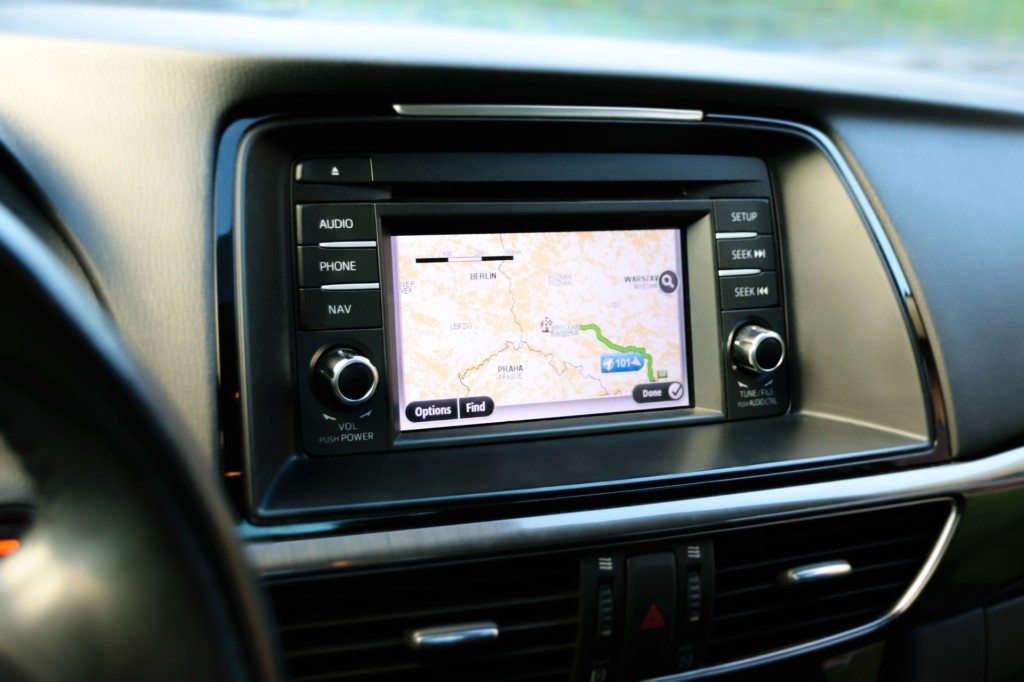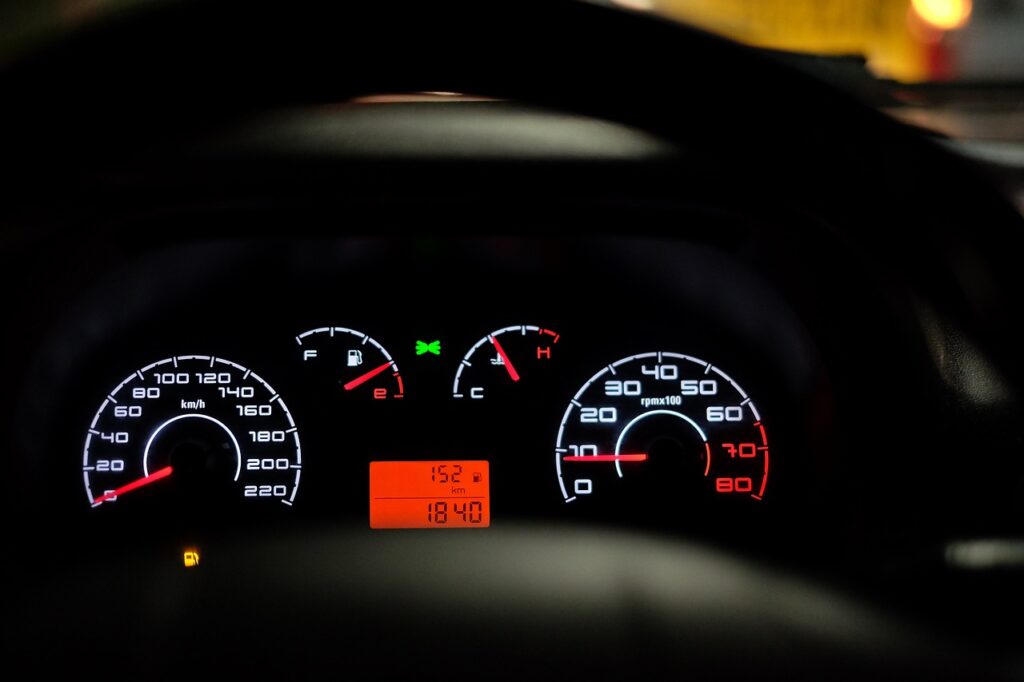We’ve had a lot of autonomous car activity over the last year and companies like GM indicate they are nearly ready to ship level 4 cars now. Tesla has had level 2.5 cars on the road for some time but one of the concerns has been that the platforms these cars are built on may not be secure enough. Folks are nervous enough about the concept of autonomous cars right now and AAA’s surveys would indicate 3 out of 4 people wouldn’t go near one today.
Well, this week, Delphi took a big step towards delivering a platform for autonomous cars that was both capable and safe. They partnered with BlackBerry to use their QNX OS and will place it with their Ottamatika solution to create what may be the most secure and capable autonomous car software solution yet in market.
Let’s talk about why that is important.
Confidence in Autonomous Car Operating Systems
One of the take aways from AAA’s survey is that people just don’t trust the idea that a car can drive them safely. Intel has done subsequent focus groups and a big part of the problem is that they just don’t like the idea of a machine taking over the driving responsibilities for them that they don’t understand. They, in effect, want to go for a drive—they don’t want to be taken for a ride (this was a term supposedly given by the mafia as code for killing the passenger).
This means that—to be successful—self-driving car platforms must be trustworthy and people will need to be able to trust them. But security has always seemed like an afterthought to initial efforts and related concerns seem to be creating a substantial additional barrier to implementation. If the platform isn’t secure, it can’t, and won’t be trusted.
Enter QNX
QNX is BlackBerry’s secure operating system and while it is often used in secure smartphones it was also heavily used in nuclear powerplants and represents one of the most secure operating systems currently in market. In addition, because QNX is also the most common operating platform in cars today it bridges nicely between being very secure and already being integrated into car control and entertainment systems. This means as it stretches up to include machine learning and autonomous driving in cars, it is already most of the way to the goal for a platform and, since the AI component, would likely reside on top of it, that work isn’t gated significantly by anything BlackBerry still needs to do—providing a potential fast track to market with exceptionally low risk.
In addition, QNX is particularly resilient against things like root kits which could be placed in the car by renters, borrowers, mechanics, or anyone else having unsupervised access to the cars including those that initially ship them. This capability for people at key points to either be compromised or have their tools compromised raises a security exposure that most haven’t even begin to think about yet as most of the initial focus is on hacking into the systems wirelessly. But QNX is also naturally protected against those that gain physical access.
Wrapping Up: Security Has To Be Job One
Given autonomous cars will literally have the lives of our loved ones, as well as our own, under their control and that these things could be, if compromised, turned into weapons, security should be a higher priority than it generally is. This move by Delphi to use BlackBerry’s QNX showcases that at least Delphi gets this exposure and that they are taking it seriously. This bodes well for the coming wave of autonomous cars and we can only hope that those backing autonomous trucks, boats, aircraft, and robots come around to that same way of thinking or we will all still likely be facing the a very painful, increasingly dangerous, and possibly deadly autonomous future.
- The Missing Link: Why the Wacom MovinkPad Pro 14 Is the Perfect Human Tool for the AI Art Revolution - November 7, 2025
- Lenovo’s Secret Weapon: Solving AI’s Failure-to-Launch Crisis - November 3, 2025
- Guarding the Digital God: The Race to Secure Artificial Intelligence - October 27, 2025




Comments are closed.